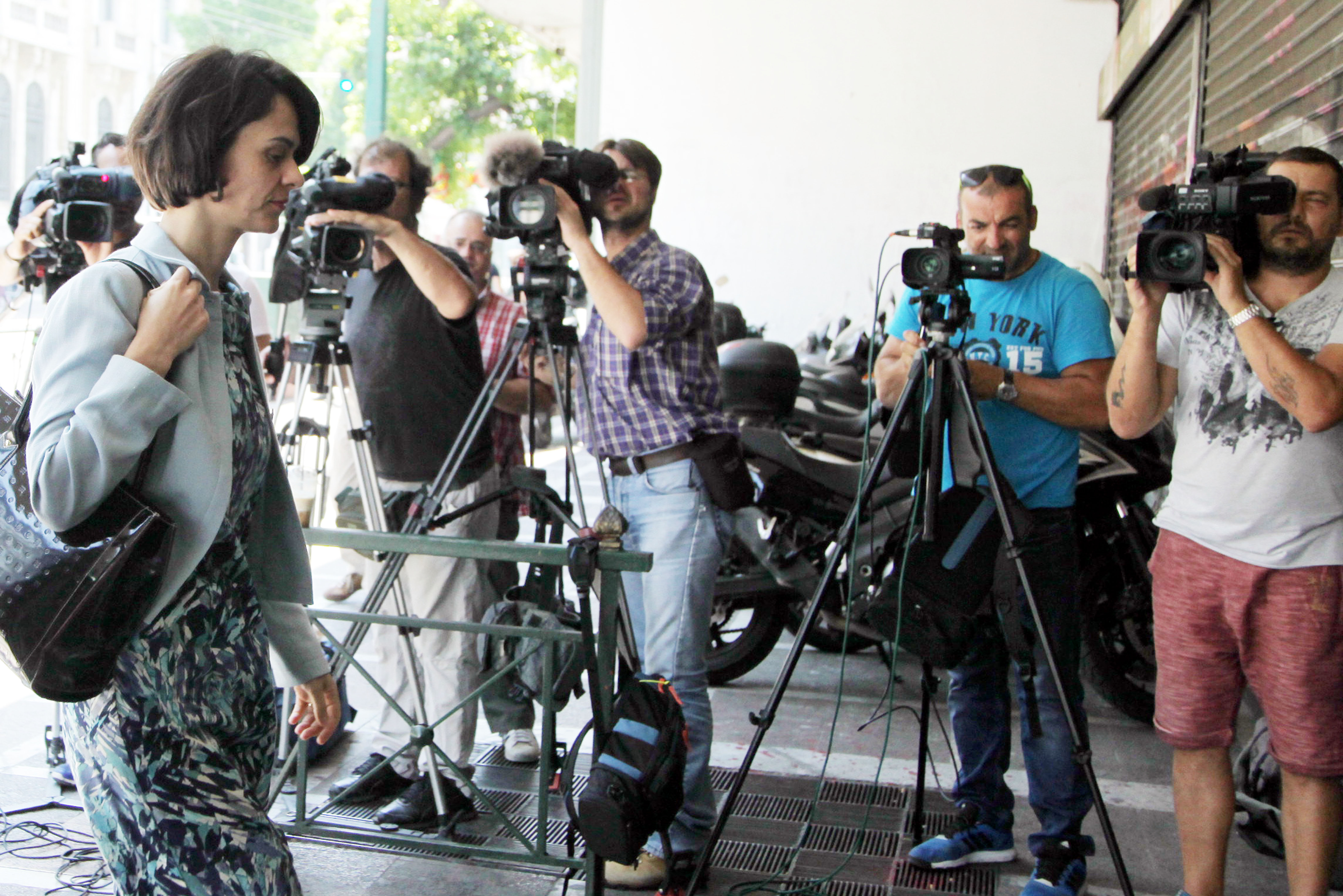The European Union and IMF came to a compromise in relation to the additional measures that Athens will be called upon to implement, should it fail to reach a 3.5% GDP primary surplus target by 2018.
Should the Greek government not meet its target, then it will be called to implement measures, which Athens estimates are worth 2.7 billion euros, while the creditors believe they can be up to 3.4 billion euros. In order to achieve the 3.5% GDP target, the Greek government will have to pass 5.4 billion euros worth of measures, as per the July 2015 agreement.
The measures suggested by the IMF, should Athens fail to reach the target, include:
- Cuts in public sector wages
- Cuts in main pensions
- Raising VAT in electricity and water from 13% to 24%
- Abolishing the low 6% VAT rat for medicine, books and theaters
- Deregulation of collective dismissals
- Suspending public sector hiring
Meanwhile, the institutions are expected to return to Athens on Tuesday in order to being negotiations over the bailout program review. On the sidelines of the IMF and World Bank Spring Meetings, Finance Minister Euclid Tsakalotos underlined that the negotiations must conclude by the 22 April Eurogroup, while PM Alexis Tsipras estimated that the talks would conclude before the Orthodox Easter.
The developments over the weekend in Washington DC will contribute towards restoring relations between Greece’s European and international creditors, but also raise questions in relation to the two critical bills, which the Greek government has announced.
Finally, there is some confusion over the discussion on the Greek debt and the possibility of relief. A government non paper issued on Sunday suggested that talks would begin soon after the bailout review concludes, while the IMF’s Poul Thomsen commented that a debt agreement would be implemented over two years, depending on how Athens performs.




